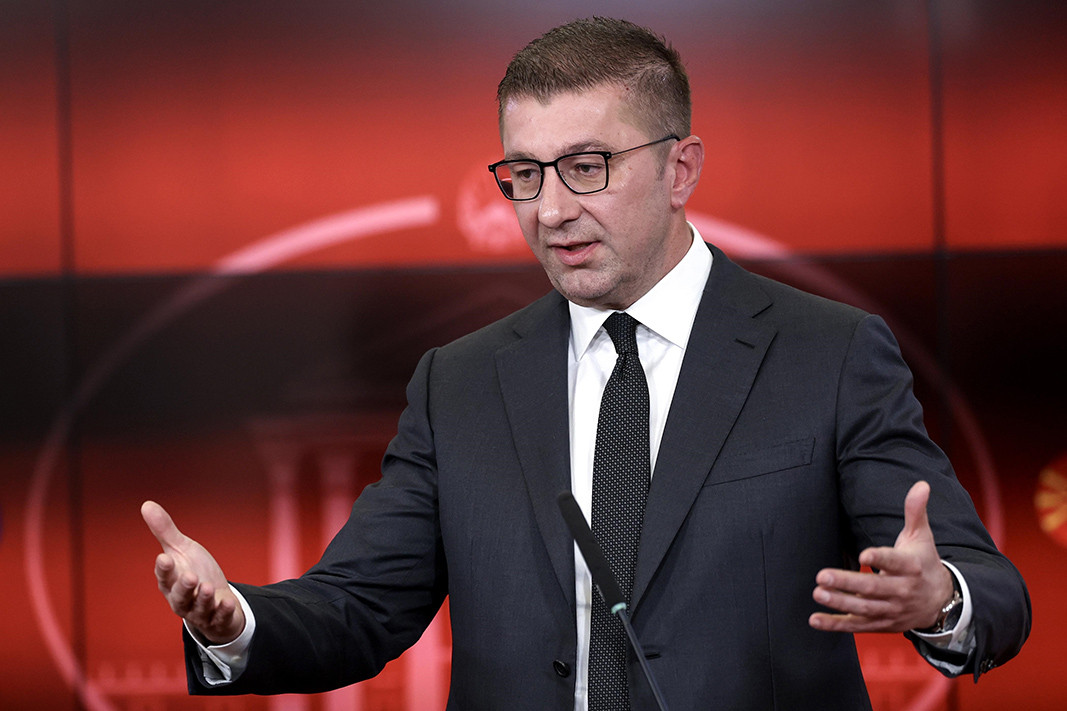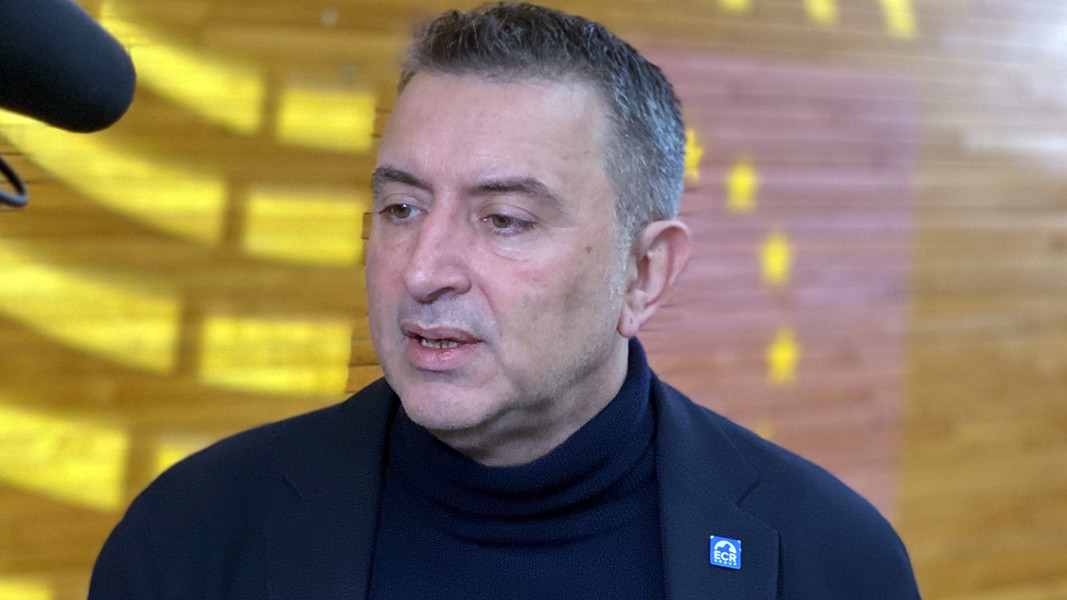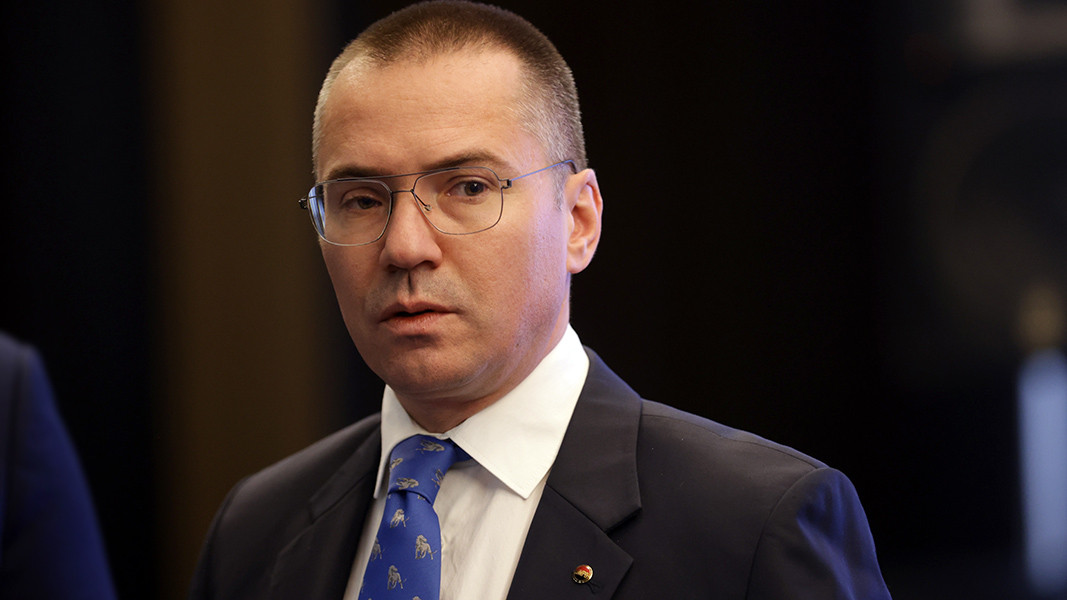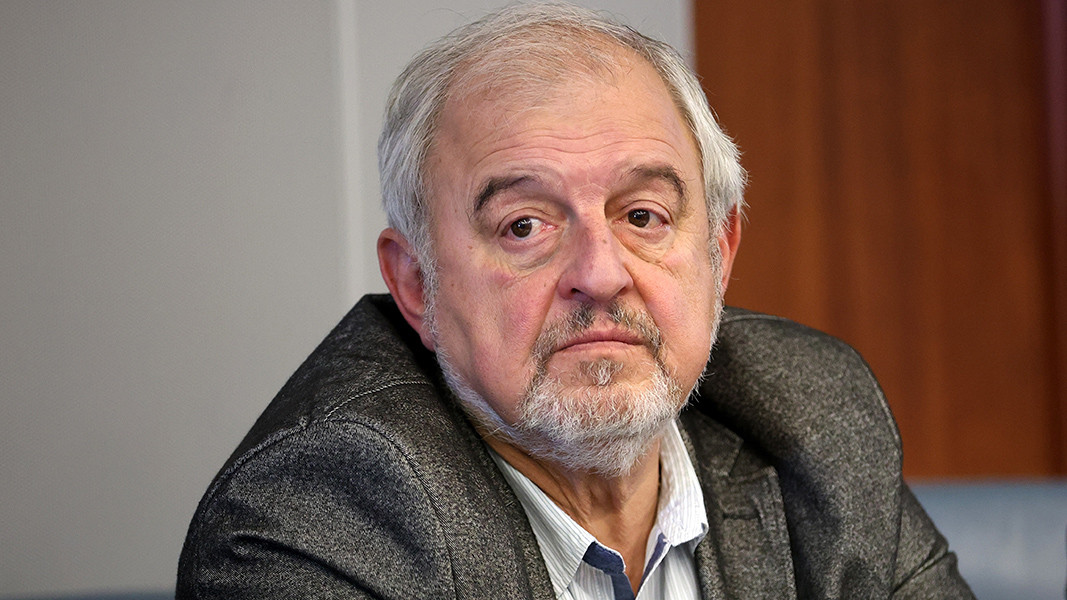Another peak in tensions between Sofia and Skopje. The reason is the upcoming vote on June 4 in the European Parliament Committee on Foreign Affairs on a declaration regarding the progress of the Republic of North Macedonia in its integration into the European Union. The document contains some, to put it mildly, controversial texts recognizing the ''centuries-old Macedonian identity, culture and language'' — a formulation that is categorically rejected by Bulgaria.
The report has been in preparation for months, but the topic came into the public spotlight in mid-May, when North Macedonia’s Premier Hristijan Mickoski statеd that he would ''rather include Spaniards and Portugues'' in his country’s constitution than Bulgarians.

This was followed by an expected reaction from the Bulgarian parliament. On May 30, the 51st National Assembly unanimously adopted a declaration stating that it will not concede an inch from the official agreements reached at the European level during the French Presidency of the Council of the EU in 2022. The key condition, accepted by Skopje, is to include Bulgarians in the country’s constitution as a ''state-building nation'', guaranteeing the protection of their rights.
As expected, the intentions of North Macedonia’s authorities to secure recognition of the "centuries-old Macedonian identity and culture" through the progress report in the European Parliament, backed by significant lobbying at high levels, met the resistance of the Bulgarian MEPs in Brussels.
According to MEP Andrey Kovatchev from the Group of the European People’s Party, who is actively involved in the issue, the European Parliament is expected to reaffirm the previously agreed EU-wide decision—i.e. North Macedonia must first include Bulgarians in its constitution, in order to take steps toward EU membership.

"Both the Bulgarian MEPs and the members of the government have clearly stated that we remain firm in our positions and that there can be no change to the conditions for starting the negotiations”, Andrey Kovatchev pointed out.
He emphasized the term ''modern'' identity and language.
"Perhaps we should make one clarification regarding the modern Macedonian identity and language. This is a reality — when living people say they identify as ethnic Macedonians, we must accept this reality, even though it is clear that they are descendants of Macedonian Bulgarians. However, we cannot and will not accept any historical references or any kind of Macedonian identity in a historical context. Some of the citizens of North Macedonia identify as Macedonians, while others identify as ethnic Bulgarian. And this latter group is under pressure'', MEP Andrey Kovachev added.
It is the term ''modern identity'', which the Bulgarian side insists on, that sparked the latest criticism from North Macedonia’s Prime Minister Hristijan Mickoski on Sunday. ''I am concerned about the attempt by an MEP from Bulgaria’s ruling GERB party to insert an amendment in the report that labels the Macedonian identity as ''present'', which clearly brings to the surface the policies of the Zhivkov Era, which are unfortunately still alive among politicians in Sofia'', Hristijan Mickoski said during a visit to the Public Health Institute on June 1, as quoted by BGNES.
It is important to note that North Macedonia’s Prime Minister could not have been aware of the submitted proposals, which are known only to the seven "shadow rapporteurs" involved in the report and to the main rapporteur, Thomas Weitz- at least not through official channels.
The first to raise the alarm about the troubling issues related to North Macedonia’s progress report was MEP Ivaylo Valchev from "There Is Such a People" and the European Conservatives and Reformists Group, who is one of the shadow rapporteurs for the progress of Bulgaria’s southwestern neighbors. He expressed his reservations on the matter in an official letter to the President of the European Parliament, Roberta Metsola.

''This raises other questions — how many times has the rapporteur on North Macedonia, Thomas Weitz (from the European Green Party), sought the Bulgarian opinion? I will tell you — not even once. He had a single meeting with representatives of the Bulgarian state at the initiative of the Bulgarian side, compared to nearly 40 meetings with the Macedonian side'', Ivaylo Valchev told Radio Bulgaria. He also expressed satisfaction with the National Assembly’s clear position in support of the Bulgarian interest.
"At the moment my job as a representative of Bulgaria and a representative of the European Conservatives and Reformists is to make sure that the formulations that are included in the report correspond to the historical truth and to the political reality", said MEP Ivaylo Valchev.
According to former MEP Angel Dzhambazki from VMRO, the potential recognition of a ''centuries-old Macedonian identity'' is an erasure and theft of Bulgarian history.

''This is the result of a well-organized political lobbying by Skopje in the European Parliament, and a consequence of the truly shameful inaction of the Bulgarian institutions, parliament, the Ministry of Foreign Affairs, as well as most Bulgarian MEPs, with few exceptions, such as Mr. Valchev'', Angel Dzhambazki said. According to him, the inclusion of such a ''false Macedonian identity'' in an EP declaration is a major problem for Bulgaria.
"Bulgaria cannot dispute anyone’s will to create their own legends and myths, but it must defend the historical truth", said Professor Ivan Ilchev, former rector of Sofia University and a member of the Bulgaria-North Macedonia Joint Commission on Historical and Educational Issues. At the same time, we must bear in mind that our problems are "microscopic" to Europeans, who are primarily interested in peace in the Balkans and are not familiar with the fundamentals of the issue, he added.

The deadlock in bilateral relations at the state level is also reflected at the expert level – the Bulgaria-North Macedonia Joint Commission on Historical and Educational Issues continues to operate de jure, but in practice produces no results, noted Professor Ivan Ilchev.
Whether Bulgaria will succeed in defending its national interests and countering the lobbying efforts from Skopje remains to be seen very soon — on June 4. Additionally, Radio Bulgaria has learned from its sources in the European Parliament that Bulgarian MEPs are preparing to take further action on the issue, which is yet to be made public.
Bulgaria’s National Assembly rejected President Rumen Radev’s veto on the amendments that expand the powers of the special commercial administrator of Lukoil, reported BNR’s correspondent Maria Fileva. The MPs from the ruling majority, supported by..
President Rumen Radev has vetoed the legislative amendments related to the appointment of a special commercial administrator in the Lukoil refinery in Burgas. The head of state said that the amendments undermine the legal order in..
Convulsions Before Multipolarity — a Time When Illusions Are Sacred and Truth Is Heresy is the title of a new book that will be officially presented in early November in Sofia. It explores the agony of a unipolar world, an era of geopolitical..

+359 2 9336 661
